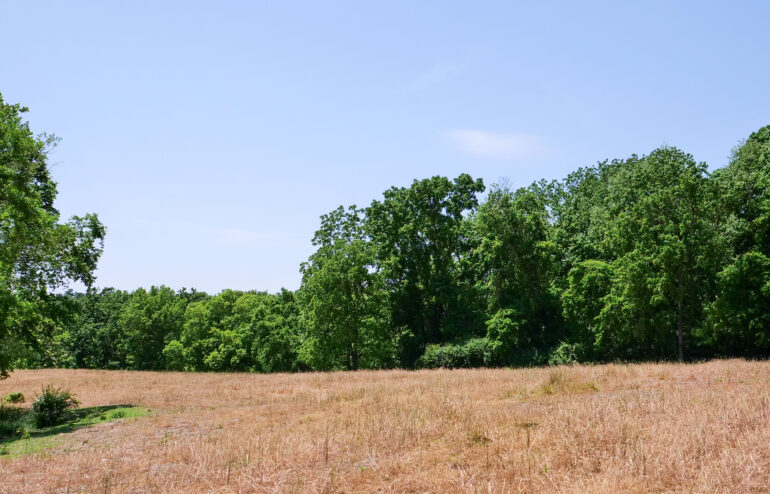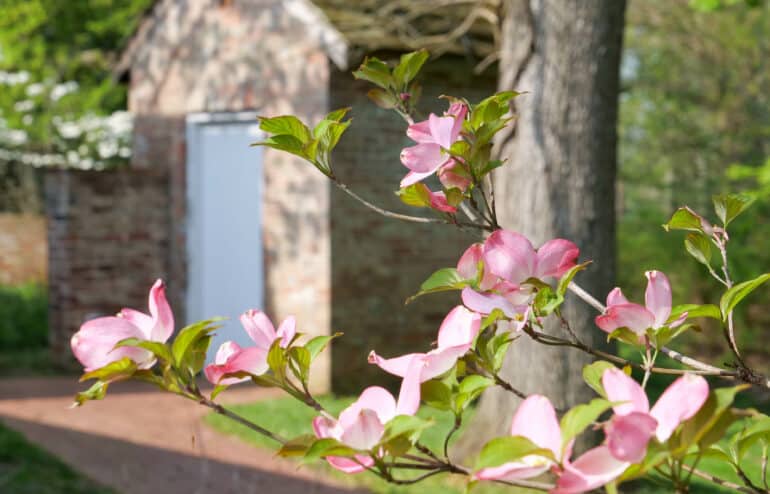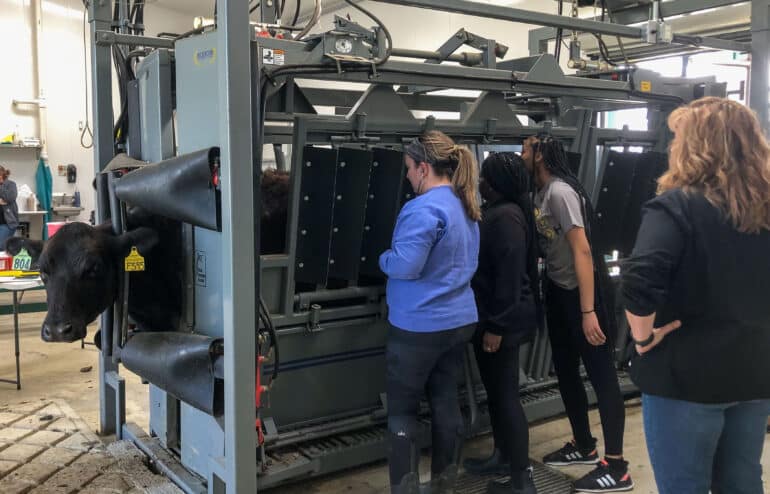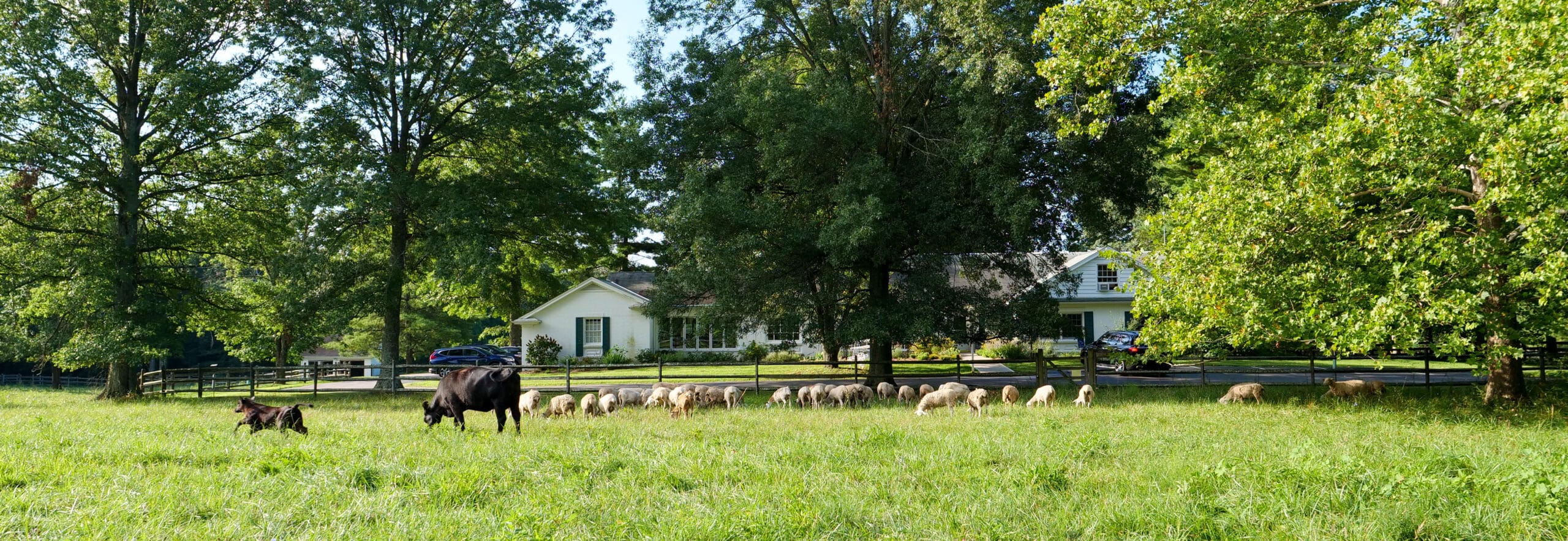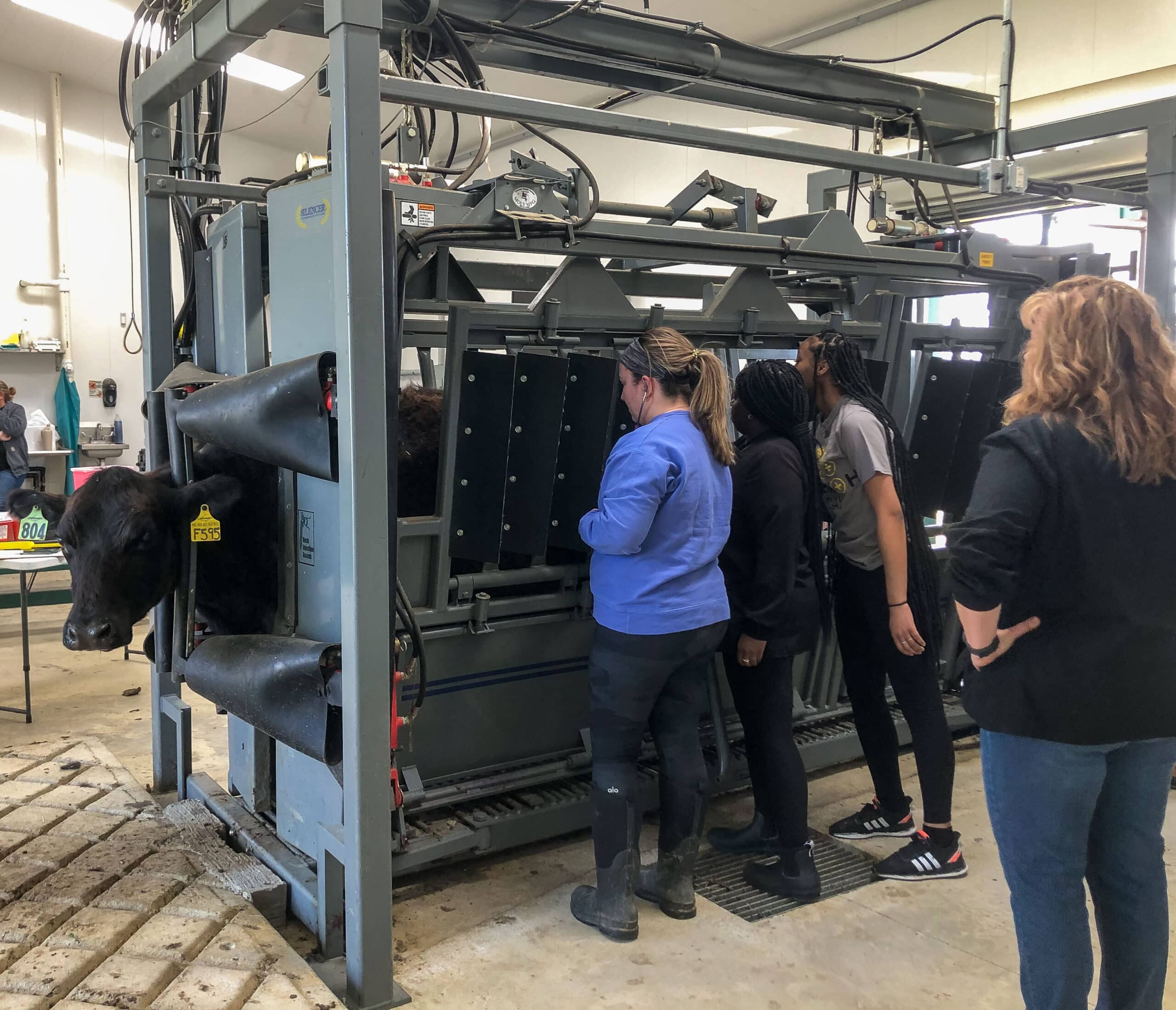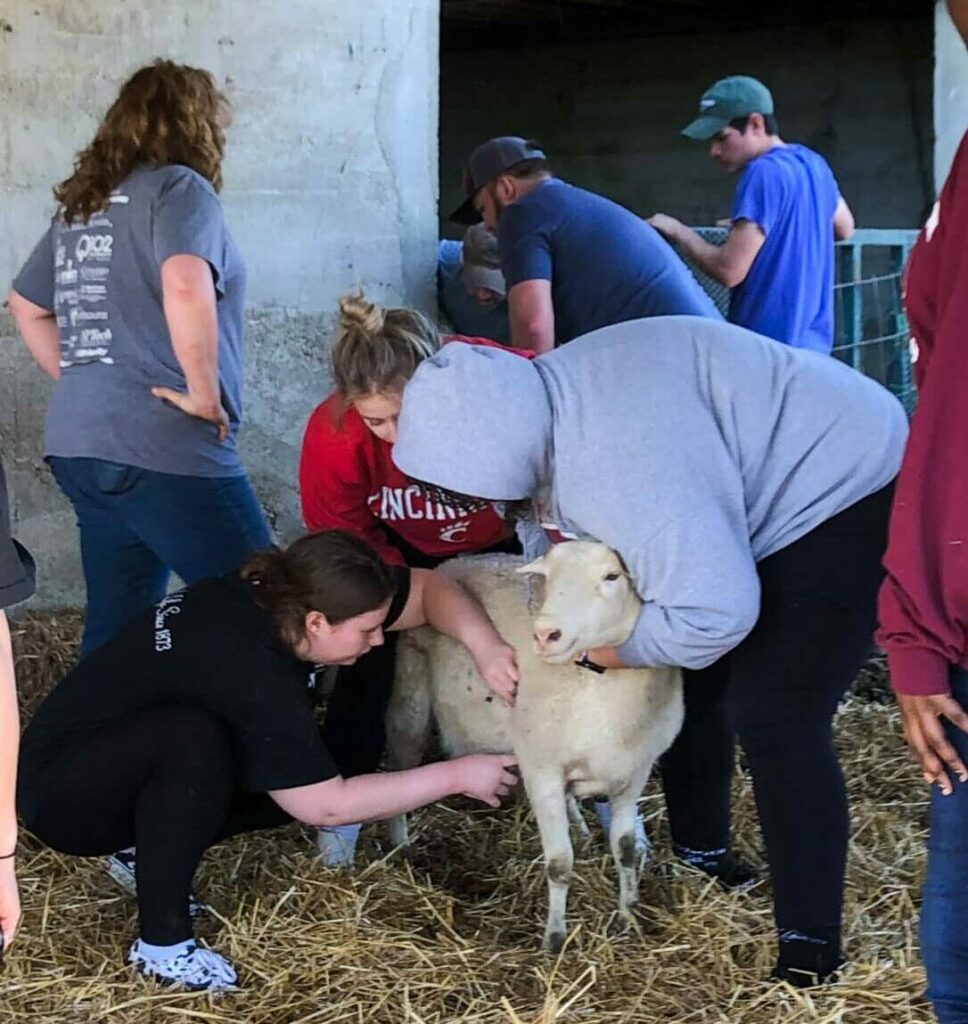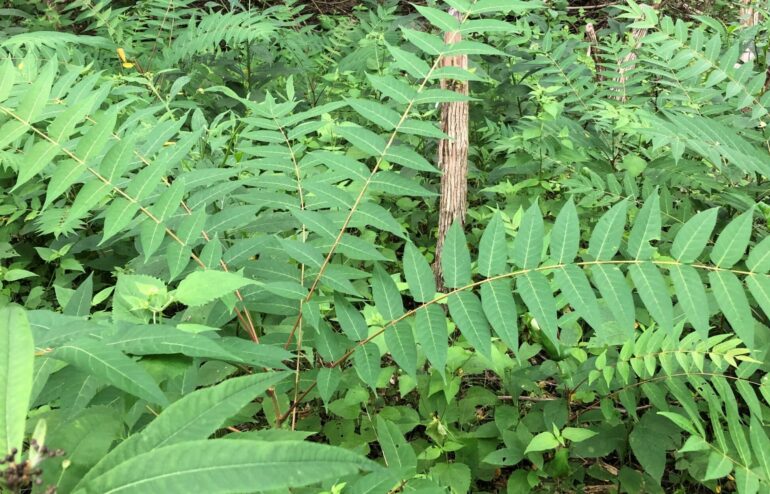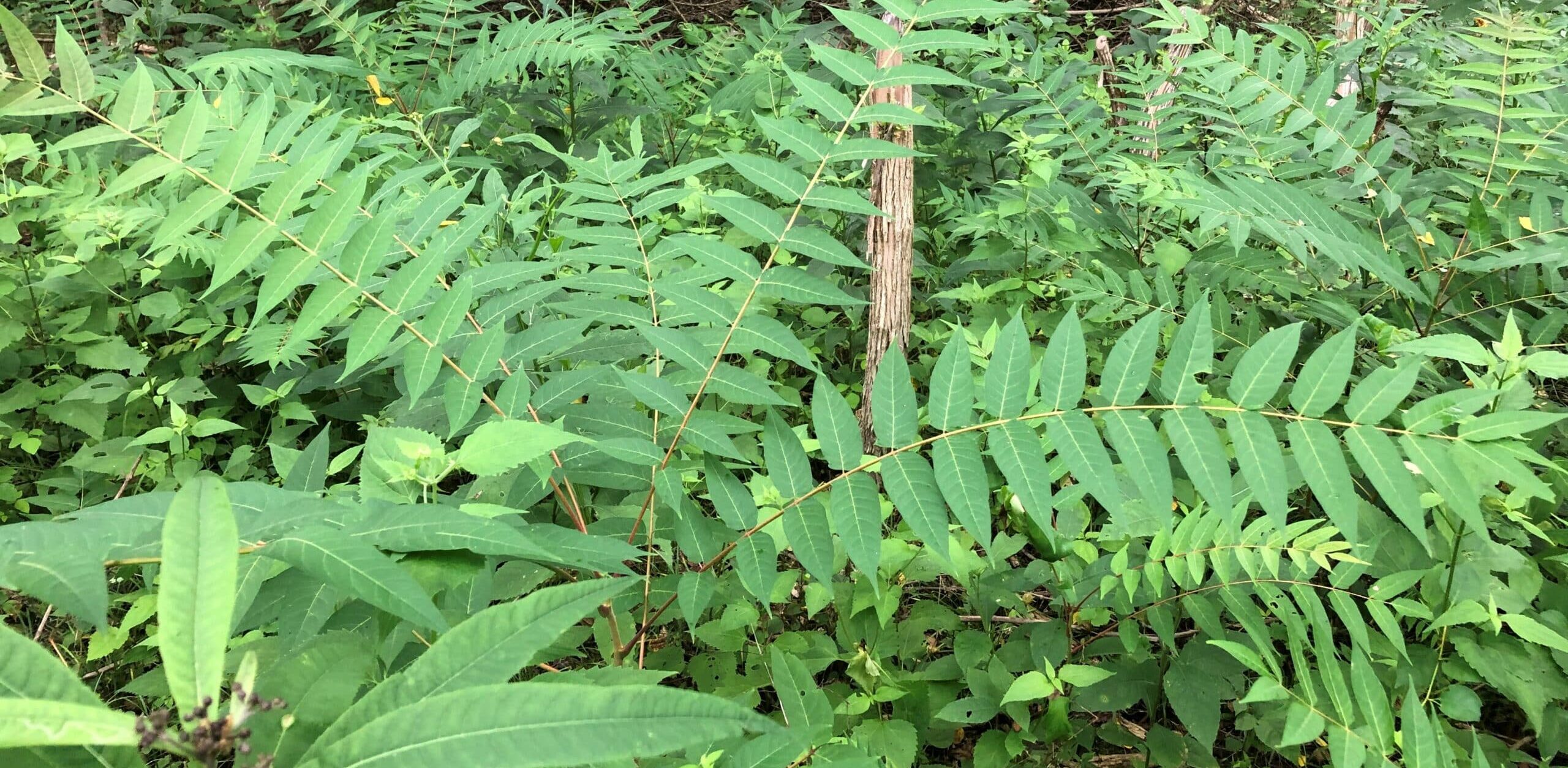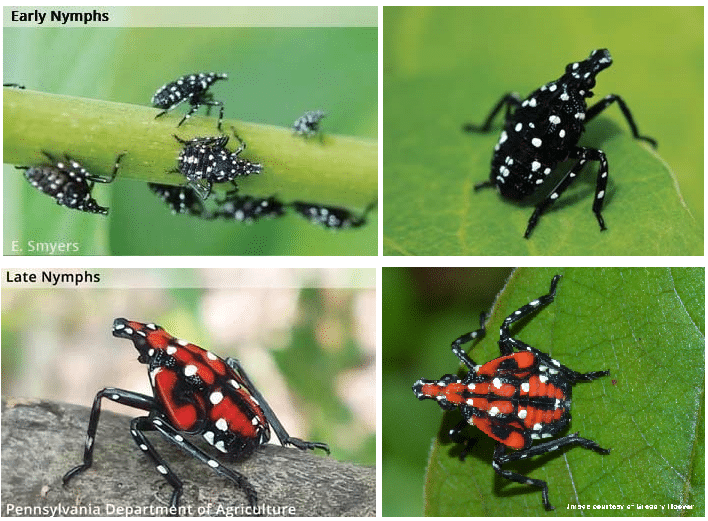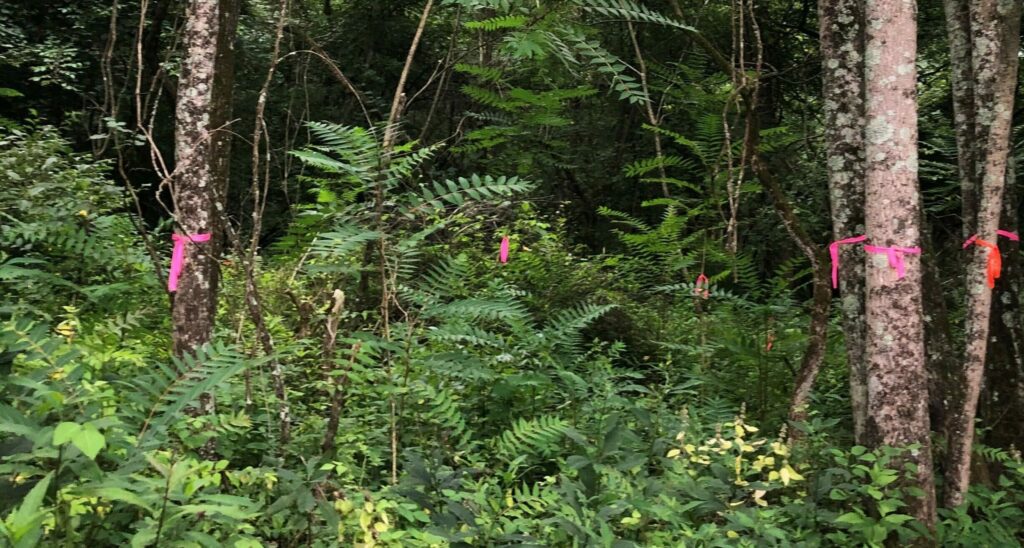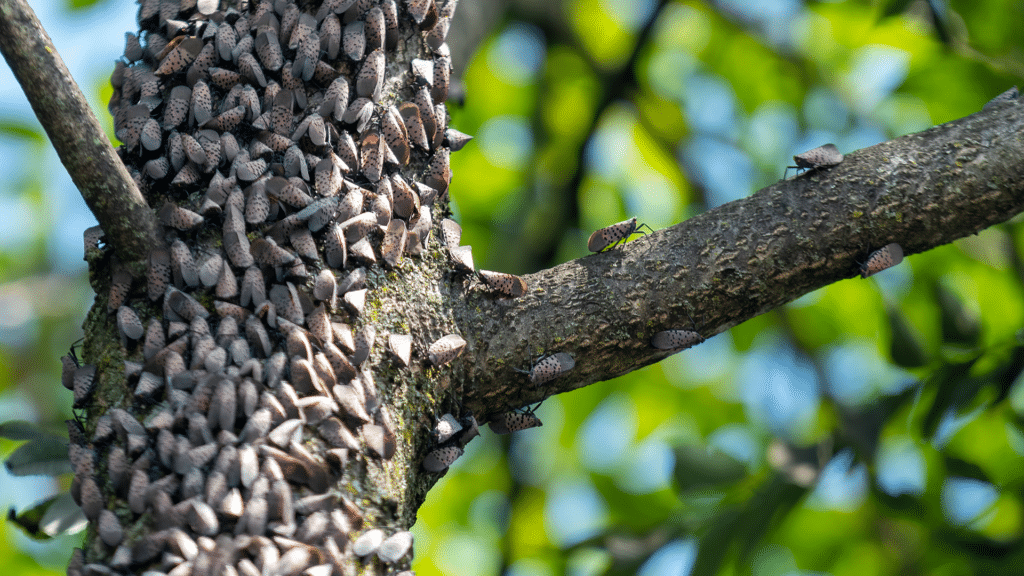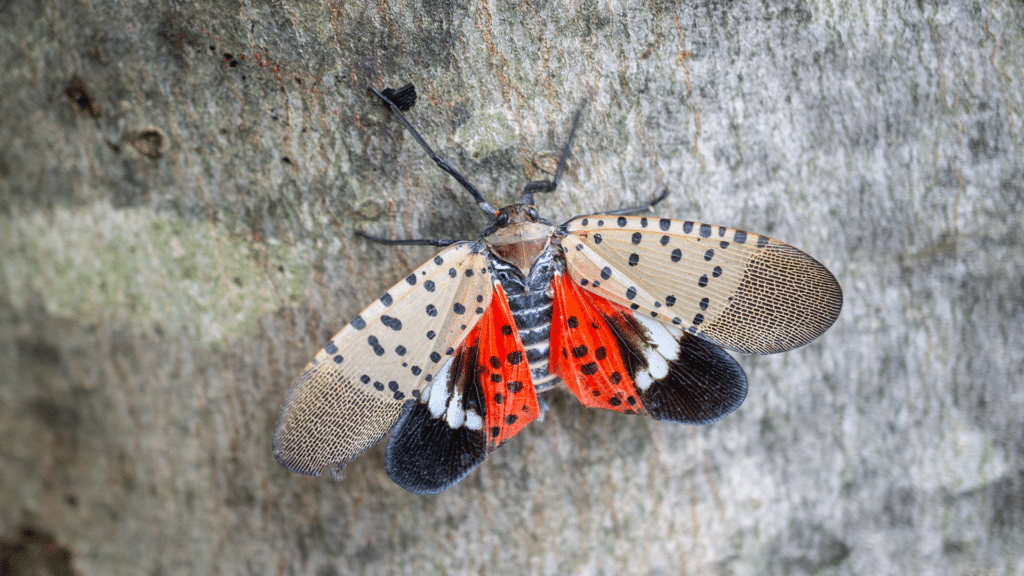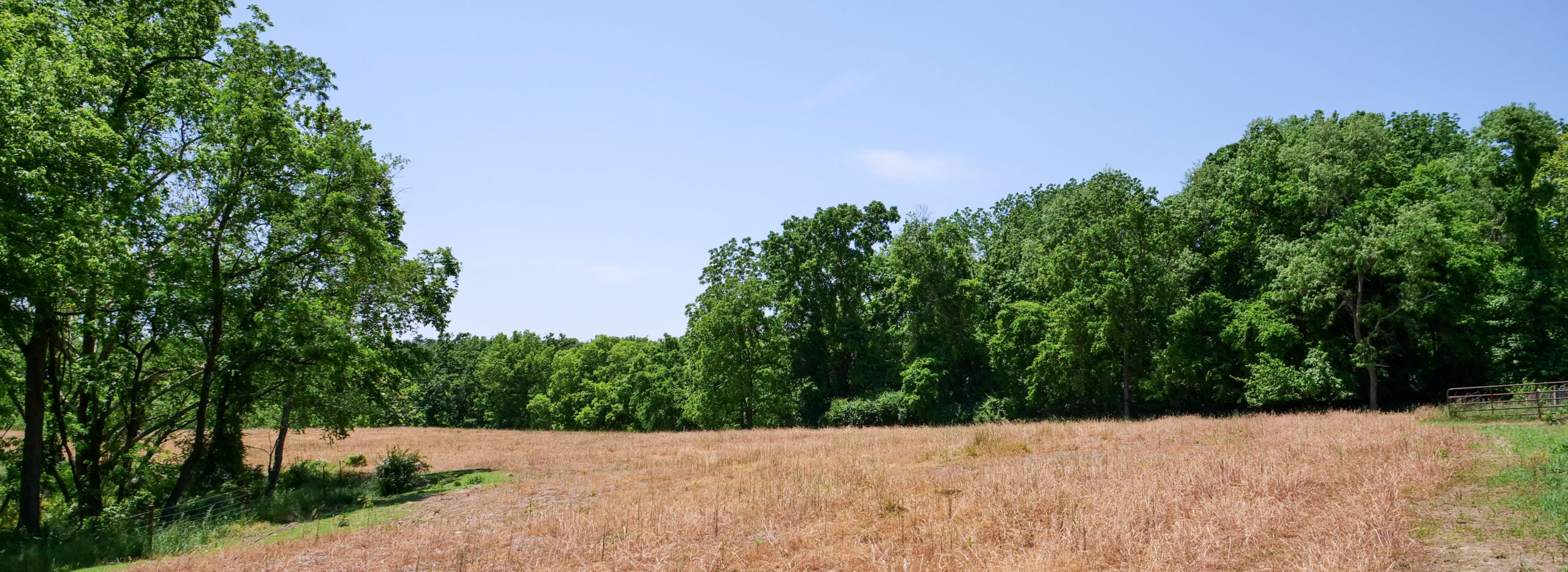
Pasture Restoration at Greenacres
You may have noticed some of the pastures at Greenacres looking a bit different than usual. This is because we used an herbicide treatment to eliminate the fescue found in these fields. We don’t typically use herbicides, but our research has found that in certain, limited circumstances, they are the least destructive and more effective method for restoring native grasses.
In 2019 we began converting some of the pastures at Greenacres Lewis Township into permanent stands of Native Warm Season Grasses through a joint research project with University of Tennessee’s Center for Native Grasslands Management. These native grasses, such as Big Bluestem and Indiangrass, were once widespread across the prairies of Ohio and the Great Plains, but almost all have been lost to land development and conventional tillage agriculture.
During this project we discovered that planting and establishing Native Warm Season Grasses can be very challenging. In the first year, the native grasses prioritize growing deep roots, and grow very few shoots above soil, leaving them vulnerable to being smothered and killed by weeds and other grasses if not managed correctly. Our research showed that targeted herbicide use to specifically reduce weed competition before planting is crucial to successful establishment of native grass species.
This spring we sprayed herbicide on fescue stands in certain fields on our Indian Hill farm in preparation for direct-drill planting of native grass seed before mid-June. No fertilizer or tillage is required. This summer we will monitor the seedlings and mow to reduce weed pressure if necessary to ensure good establishment of the Native Warm Season Grasses. Grazing animals will not return to these fields until we have had soil and forage laboratory tests that show no remaining herbicide residue.
We have set a goal to convert approximately 15% of our fescue pastures at our Indian Hill and Michaela Farm locations into Native Warm Season Grasses.
Native Warm Season Grasses are important to our generative agriculture practices for a number of reasons:
- They offer excellent habitat for a wide range of grassland nesting birds.
- They provide high quality forage to our cattle herds during the hot summer months.
- They are native to our area and adapted to grow in shallow, low fertility soils.
- They sequester large amounts of carbon through an extensive root system that can grow up to 8 feet deep.
- Once established, the native warm season grasses will thrive for decades and reduce our need to plant short-term annual summer grazing crops each year such as sorghum sudan, buckwheat etc.

